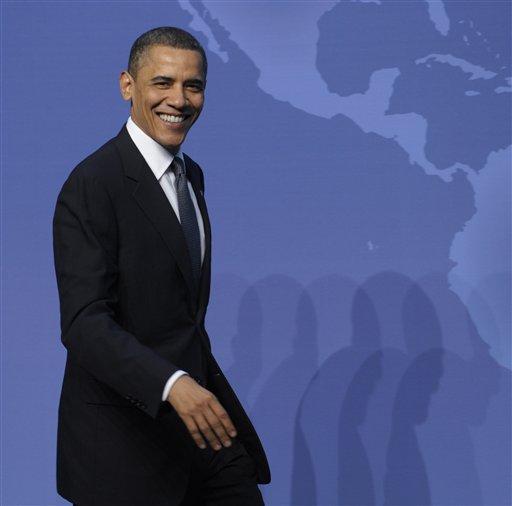People respond to prices. We decide whether or not to consume something based on its price and the factors of supply and demand.But a problem occurs when prices don’t reflect the actual costs of doing something.Take a McDonald’s double cheeseburger — a delicious selection available on the dollar menu (though nonexistent in the Union’s captive market). The burger is certainly scrumptious for consumers, but it doesn’t bare all the costs of its consumption.The reason the food is so cheap is partially because the United States subsidizes corn production, allowing McDonald’s to sweeten its food with discount high-fructose corn syrup and to raise cattle on cheap feed. McDonald’s is able to keep prices rock bottom because fast food restaurants don’t bare all of the costs of producing the food.Of course, many people take advantage of the dollar menu — especially low-income individuals.In this manner, some of the nutritionally worst food available is also the cheapest. Consumers are paying only a dollar for its cheeseburger, but the rest of us are subsidizing the price and then bearing the added expense of their poor eating decision. Never has this been more important than in the wake of our nation’s health care overhaul.Perhaps the biggest qualms with the recent health care bill are that taxpayers don’t like paying for people who make bad decisions about their health. This sentiment has long been a mainstream tenant of the conservative movement.But using this as an excuse for why all American’s shouldn’t be covered by medical insurance is the easy way out. We should instead now be focusing on how we can use smart government policy to make sure all of the costs are brought into consideration when individuals make decisions affecting their health. That means instituting smart tax policies, which not only discourage bad behavior but pay for it.A smart man once remarked: “Sugar, rum and tobacco are commodities which are nowhere necessaries of life, which are become objects of almost universal consumption and which are therefore extremely proper subjects of taxation.”That wasn’t Karl Marx. These are the words of Adam Smith in his landmark book on economics, “The Wealth of Nations.”Today we have the so-called “sin taxes” meant to raise revenue to pay for the social ills of alcohol and tobacco. Part of the prices of booze and cigarettes should include a tax meant to defray the societal costs not borne by the individual — but no more, no less.Most will find this policy reasonable, but Louisiana is clearly lagging. We have the third-lowest cigarette tax at 36 cents per pack (Rhode Island has the highest at $3.46 per pack), according to the Federation of Tax administrators.Why not extend such excise taxes to soda and fast food, two clear culprits of our nation’s high obesity and diabetes levels?But there is another side to the coin: Tax policy can also encourage good behavior.A system could perhaps be put in place where Americans would receive tax benefits for exercising regularly — such as tax-deductable gym membership expenses. Of course, making sure people actually go is another issue in itself.The point is no one wants to pay for other people’s bad decisions. We want them to pay for them. That’s why taxing cigarettes, alcohol, sugar, fast food and tanning are all necessary to compliment the new health care system in America.There is nothing paternalistic about this sentiment. They aren’t a means to impose some value system on people. We simply need to make sure people pay for their health decisions if they are part of our society which guarantees health care for all.Mark Macmurdo is a 23-year-old history and economics senior from Baton Rouge. Follow him on Twitter @TDR_mmacmurdo.—–Contact Mark Macmurdo at mmacmurdo@lsureveille.com
Murda, he wrote: New taxes are needed with health care passed
April 12, 2010








